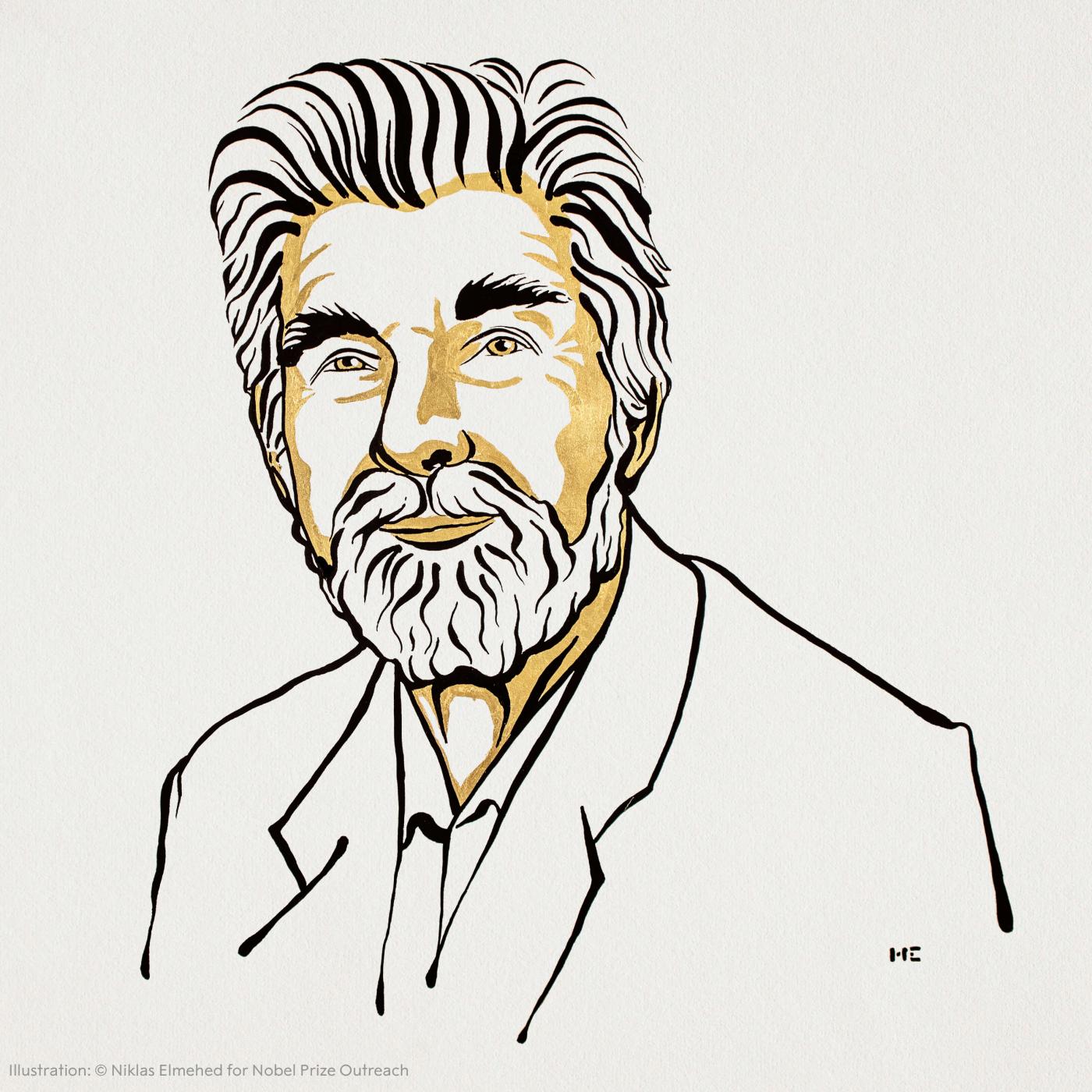Commenting on the award, Dr Peter Tschentscher, Mayor of Hamburg, said: "Klaus Hasselmann demonstrated the influence of humans on the climate as early as the late 1970s and made a significant contribution to basic research on global warming in his work at the Max Planck Institute for Meteorology." As a former professor and director at the University of Hamburg and scientific director at the German Climate Computing Center (DKRZ), Hasselmann "made a groundbreaking contribution to Hamburg's profile as an internationally renowned centre of climate research with its own cluster of excellence", said Katharina Fegebank, Senator for Science and Research.
The Nobel Prize in Physics 2021 is awarded to Klaus Hasselmann, Max Planck Institute for Meteorology in Hamburg and to Japan's Syukuro Manabe, Princeton University in the United States “for the physical modelling of the Earth’s climate, quantifying variability and reliably predicting global warming” and Italy’s Giorgio Parisi, at the Sapienza University of Rome "for the discovery of the interplay of disorder and fluctuations in physical systems from atomic to planetary scales", the Royal Swedish Academy of Sciences announced Tuesday (October 5, 2021). Hasselmann is one of the founding directors of the Max Planck Institute for Meteorology (MPI-M) and director of the Institute for Geophysics at the University of Hamburg. As an internationally renowned climate researcher, his findings have contributed significantly to the scientific and public understanding of climate change.
Climate research in Hamburg with international appeal
Gebürtiger Hamburger erhält Nobelpreis für Physik
Prof. Dr. Klaus Hasselmann wurde 1931 in Hamburg geboren. Er studierte an der Universität Hamburg Physik und Mathematik und hat 1957 am Max-Planck-Institut für Strömungsforschung an der Universität Göttingen promoviert. Nach seiner Habilitation an der Universität Hamburg war er dort ab 1966 als Professor tätig und leitete zwischen 1969 und 1972 das Institut für Geophysik. Von 1975 bis November 1999 war er Direktor am Max-Planck-Institut für Meteorologie in Hamburg und von 1988 bis 1999 als wissenschaftlicher Direktor am Deutschen Klimarechenzentrum in Hamburg aktiv.
Seine Forschung habe wesentlich zum Verständnis des Systems Ozeanatmosphäre, der Vorhersage von Meereswellen, der Entstehung natürlicher Klimavariabilität sowie der Modellierung des globalen gekoppelten Ozean-Atmosphären-Kohlenstoffkreislaufs beigetragen. Durch seine Forschungsarbeit konnte er ferner belegen, dass der jüngste Verlauf der globalen Erwärmung vor allem auf menschliches Handeln zurückzuführen sei.

Nobel Prize in Physics awarded since 1901
The Nobel Prize in Physics has been awarded annually by the Royal Swedish Academy of Sciences since 1901, and since 2017 has been endowed with the equivalent of EUR 988,265 (10 million Swedish crowns). One half of this year's prize is being awarded jointly to Hasselmann and Manabe and the other half to Parisi. The Nobel Prizes in Medicine, Physics, Chemistry, Economic Sciences and Literature are presented to Nobel Laureates at ceremonies in Stockholm on December 10, the anniversary of Alfred Nobel’s death, while the Nobel Peace Prize is presented in Oslo.
sb/pb
Sources and further information
More
Similar articles

Hamburg tops Smart City Index 2021 for third time

Future Hamburg Talk meets Anjes Tjarks, Senator for Transport

ITS World Congress to turn Hamburg into model city
